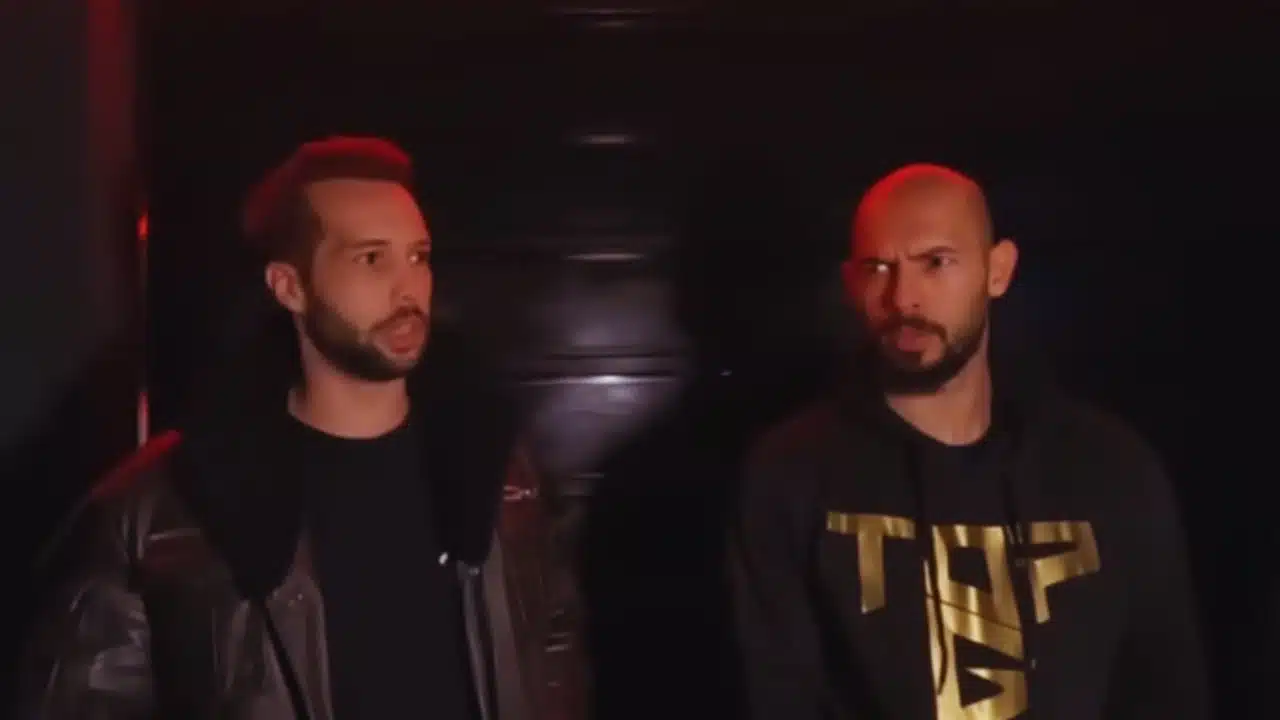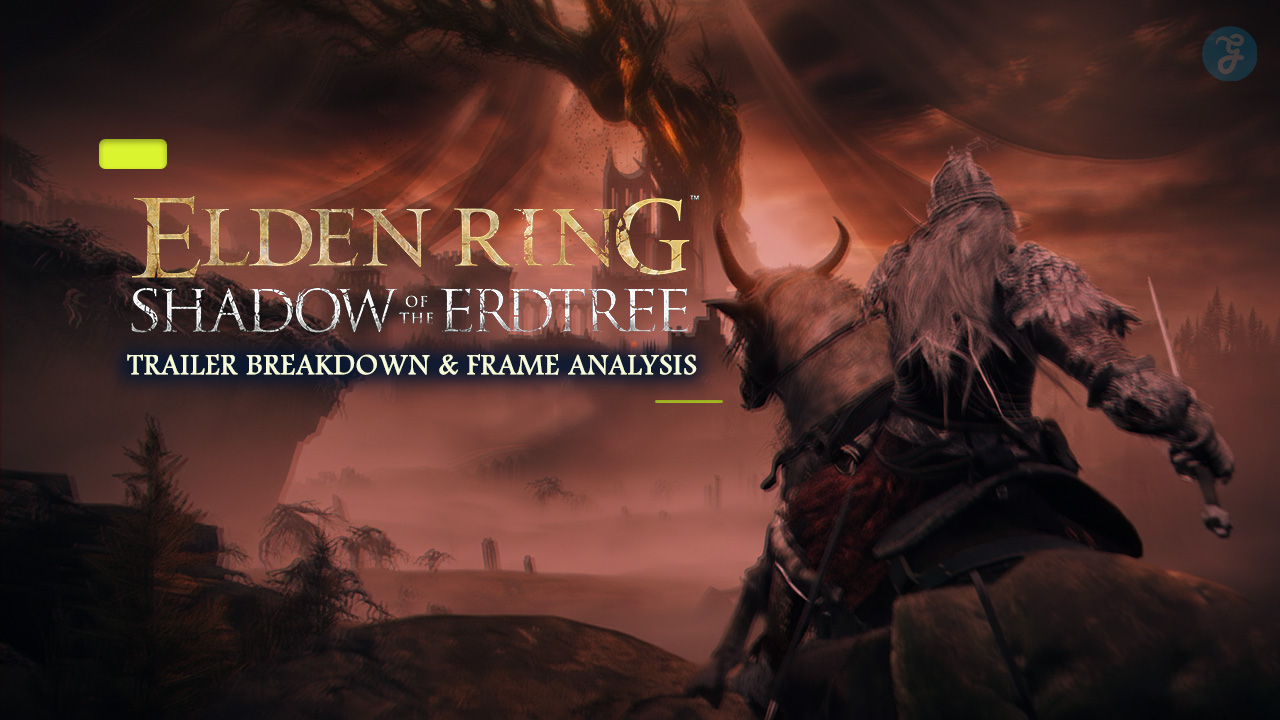Social media influencer Andrew Tate and his brother Tristan have been accused in court of failing to pay taxes on £21 million of revenue generated from their online businesses.
The charges were brought forward by Devon and Cornwall Police, seeking to recover approximately £2.8 million from seven frozen bank accounts.
The Westminster Magistrates’ Court proceedings revealed intricate details about the brothers’ alleged tax evasion tactics and the scope of their financial activities.
The Case Against the Tate Brothers
The civil claim, presented at Westminster Magistrates’ Court on Monday, alleges that Andrew and Tristan Tate, along with a third individual referred to as J, did not pay any taxes on their earnings between 2014 and 2022.
Sarah Clarke KC, representing the police force, stated, “Andrew Tate and Tristan Tate are serial tax and VAT evaders. They, in particular Andrew Tate, are brave about it.”
Revenue and Alleged Tax Evasion
The court heard that the Tates’ revenue came from various online ventures, including products sold through their websites and OnlyFans accounts. Despite earning approximately £21 million over eight years, they allegedly paid no tax in any jurisdiction.
Clarke cited a video posted by Andrew Tate in which he openly admitted, “When I lived in England, I refused to pay tax.” According to the video, his strategy was to “ignore, ignore, ignore because, in the end, they go away.”
Complex Financial Maneuvering
Clarke described the Tates’ financial activities as involving a “huge number of bank accounts” in the UK, with seven currently frozen. She asserted that money was moved around these accounts to create a “spaghetti trail” that complicated efforts to trace the funds.
“That’s what tax evasion looks like, that’s what money laundering looks like,” she told the court. The court was informed that these accounts were used as mechanisms to move revenues from their business activities, effectively disguising the origins and destinations of the funds.
Specifics of the Financial Scheme
The court was informed that nearly $12 million was funneled into an account in J’s name despite her having no official role in the Tates’ businesses.
This account was opened in 2019 with an incorrect date of birth, and both Andrew Tate and J submitted their driving licenses as proof of identity at different times.
Revenues from ventures such as Cobra Tate, Hustlers’ University, and War Room were paid into this account. Most payments went to Andrew Tate’s accounts, demonstrating a clear link to the brothers’ financial operations.
J’s Role and Financial Transactions
J was also accused of moving money through her account, including a significant payment of £805,000 to her Revolut account. Of this, £495,000 was transferred to Andrew Tate and £75,000 to another account in J’s name, which was later converted to cryptocurrency.
Gary Pons, representing J, argued that the funds in the Gemini account were in cryptocurrency and could not be frozen at the time, adding a layer of complexity to the case.
Additional Allegations and Evidence
The court also heard that the brothers had “a huge number of bank accounts” in the UK, seven of which have been frozen.
Ms. Clarke claimed that money “washed around UK bank accounts” to create a “spaghetti trail” to make it difficult to trace the true origins and destinations of the funds. This pattern of movement, she argued, is characteristic of tax evasion and money laundering.
The brothers are also accused of failing to pay taxes in Romania, where they are awaiting trial on separate criminal charges, including human trafficking, rape, and forming a criminal gang to exploit women sexually.
This adds to the seriousness of the allegations against them and complicates their legal situation further.
Legal Proceedings and Implications
The proceedings are civil, which means the standard of proof is lower than in criminal cases. Chief Magistrate Paul Goldspring will determine the truth of the police’s claims based on the balance of probabilities.
The case has been adjourned until Tuesday, when Martin Evans KC, representing the brothers, is expected to present their defense. This lower threshold for proof means that the court only needs to be convinced that the allegations are more likely than not to be true.
Background and Ongoing Issues
The Tate brothers, who hold dual US and British citizenship, are already awaiting trial in Romania on criminal charges, including human trafficking, rape, and forming a criminal group to exploit women sexually.
Their controversial public personas and divisive views have made them well-known figures in the social media landscape. Recently, a Bucharest court eased their travel restrictions, allowing them to travel within the European Union while awaiting trial.
Andrew Tate, a former professional kickboxer, has gained notoriety for promoting an ultra-masculine lifestyle and making inflammatory statements about women and society.
His brother Tristan has followed a similar path, leveraging their combined social media presence to build a lucrative online business empire. However, this has also drawn significant scrutiny and legal challenges.
Summary
The Tates’ alleged tax evasion and money laundering activities will be scrutinized as the case unfolds. The outcome of this civil case could have significant implications for the brothers, who are already entangled in severe legal issues in Romania. The hearing continues, with the court set to further examine the complex financial maneuvers and the validity of the police’s claims.
The Tates case is a high-profile example of the challenges authorities face in tracking and prosecuting financial crimes, especially involving multiple jurisdictions and sophisticated schemes.
The decision by Chief Magistrate Paul Goldspring will be closely watched, as it may set a precedent for how similar cases are handled in the future.
The information is Taken from BBC and AOL






































